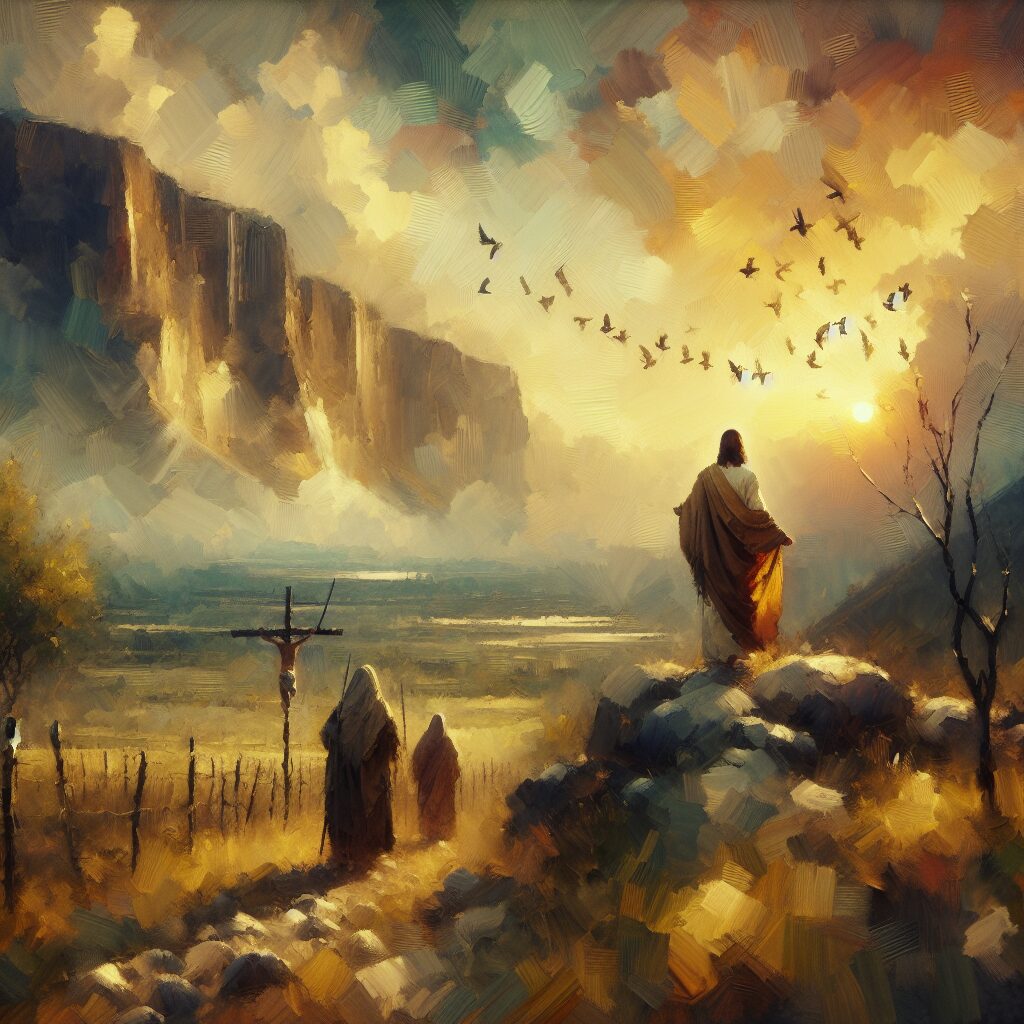Daily Bible Affirmation for February 03, 2020 – John 1:1

Bible Verse
“In the beginning was the Word, and the Word was with God, and the Word was God.” – John 1:1
Reflection
John 1:1 is a profound verse that encapsulates the core of Christian belief and sets the tone for the entire Gospel of John. These opening words are richly layered, expressing depth and mystery, and they invite us to reflect on the nature of God and His relationship with the world.
The term “Word” in this verse is translated from the Greek “Logos,” which means reason, utterance, or principle. It signifies not just spoken word but the foundational logic and creative force behind everything that exists. By referring to Jesus Christ as the Word, this verse emphasizes His divine nature and eternal existence. Jesus has been present since the beginning, coexisting with God the Father, and indeed, being one with God. This emphasizes the unity and complexity of the Trinity—Father, Son, and Holy Spirit—three persons in one Godhead.
In our daily lives, understanding Christ as the Word invites us into a relationship that is both intellectual and intimate. It is through Jesus, the Word made flesh, that we come to know God deeply and personally. His life and teachings are a perfect expression of God’s love and purpose for humanity. This verse reassures us of the closeness of Jesus in moments of doubt and fear, reminding us that we are never alone, for He has always been, and will always be, with us.
Moreover, John 1:1 speaks to the power of beginnings. Just as the universe had its origin through the Word, each day offers us a fresh start through God’s grace. Regardless of what we may have faced in the past, every morning we rise with new mercies—a chance to reflect God’s love through our actions, to speak life and kindness just as Jesus did, and to grow spiritually stronger.
This verse also challenges us to see the world differently. It encourages us to recognize the divine imprint in our daily interactions and in the vast expanse of nature around us. By recognizing God’s creative Word at work in all things, we can cultivate a spirit of gratitude and wonder, finding deep satisfaction not in material gain, but in the richness of life touched by divine presence.
Closing Thought
John 1:1 calls us to embrace the newness and hope found in Christ, the living Word. As we journey through life, let us be continually comforted and empowered by the reality of Jesus’ love and presence—transforming our views, renewing our hearts, and allowing us to begin anew with grace and purpose each day.
Daily Bible Affirmation for February 03, 2020 – John 1:1 Read Post »

